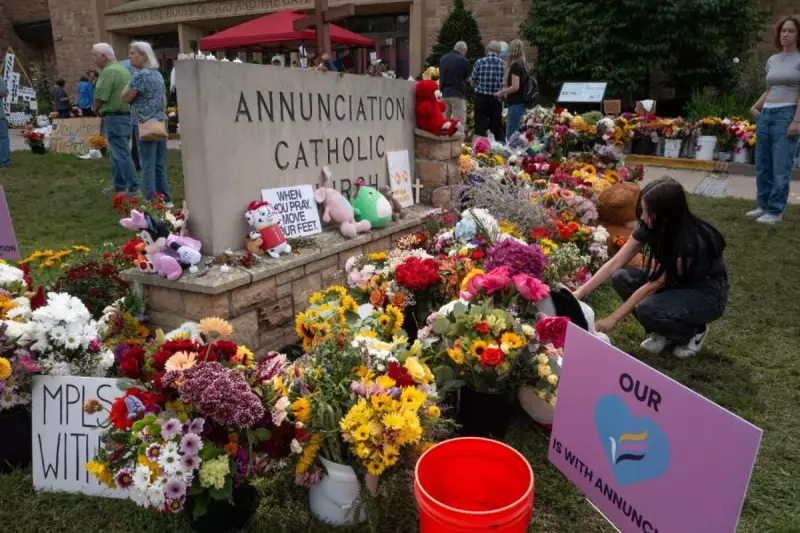
A vital violence prevention programme in Minnesota, designed to steer high-risk young people away from gun crime, was forced to collapse following the termination of its federal funding during Donald Trump's presidency, an exclusive investigation can reveal.
The initiative, known as the Minnesota Violence Prevention Project, was part of a broader public health strategy addressing urban violence as a contagious epidemic. Its abrupt defunding serves as a stark case study in how policy shifts in Washington can directly dismantle community-level interventions.
The Mechanics of a Prevention Programme
The project employed a methodical approach, treating gun violence like a disease. Its team of 'violence interrupters' and outreach workers identified individuals at the highest risk of being involved in a shooting—either as a perpetrator or a victim. They then worked intensively to:
- Mediate simmering conflicts and de-escalate tensions.
- Connect young people with social services, mental health support, and job training.
- Provide mentorship and create alternatives to gang affiliation.
This evidence-based model had shown significant promise in reducing shootings and homicides in its targeted communities.
The Axe Falls from Washington
The programme's existence was abruptly thrown into jeopardy in 2017. The Trump administration moved to eliminate the Collaborations for Safer Communities initiative, the federal grant that was the project's primary financial lifeline.
Despite last-ditch efforts by local officials and community leaders to secure alternative funding, the financial blow proved fatal. Without the federal support, the intricate network of outreach workers, counsellors, and mediators could not be sustained, and the project was systematically dismantled.
The Human Cost of Policy Decisions
The closure had immediate and tangible consequences. Community advocates reported a visible void in the neighbourhoods the project once served. The crucial buffer between volatile situations and violence was gone.
This story underscores a critical debate in public health and policing: the efficacy and necessity of proactive, preventative measures versus reactive law enforcement. The shuttering of the Minnesota project raises profound questions about the long-term societal and economic costs of cutting such programmes, which often operate out of the spotlight until they are gone.





